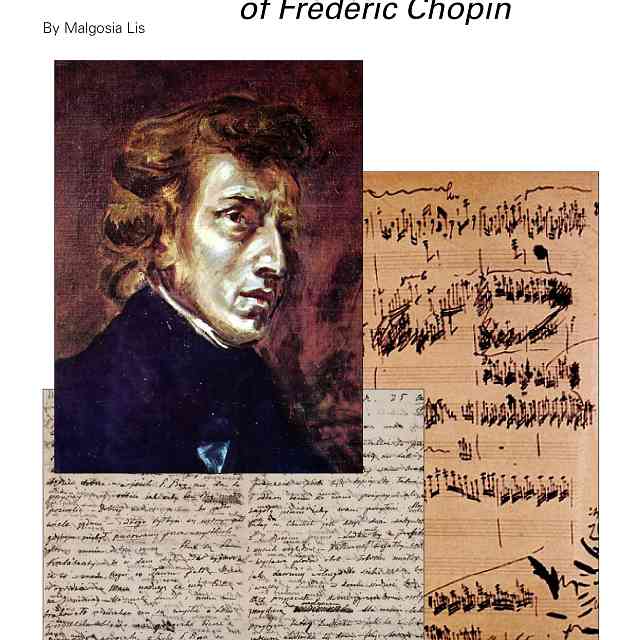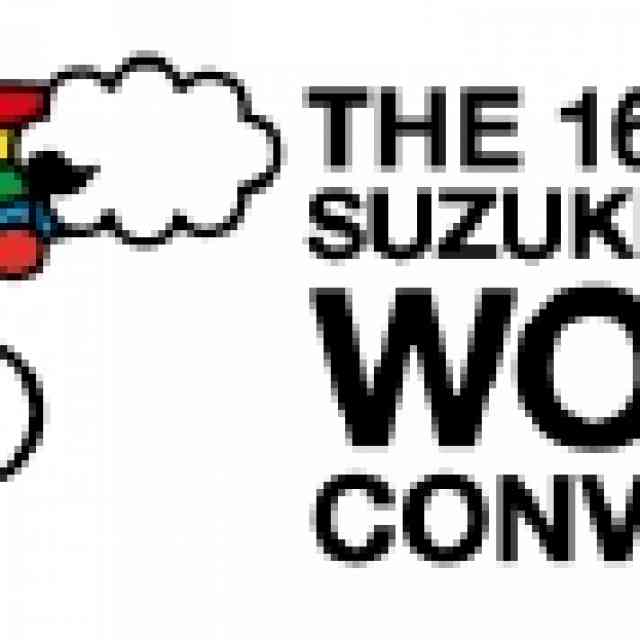
What are the goals or plans for strategic development or promotion of the Suzuki Method for Canada? Quebec? Rural communities? Academic communities?
The SAA keeps an ongoing dialogue with its Canadian teacher trainers as well as with member teachers. Last May the Suzuki Association of Ontario was honored to become the first Canadian chapter affiliate of the SAA at the biennial conference in Minneapolis. We would hope that there will soon be a second Canadian chapter affiliate. The SAA office offers guidance to Canadian institutes and trainers who wish to set up new programs or to have guidance on ongoing projects.
In 2007, the SAA held its Leadership Retreat in Ontario. At this conference, Canadian teachers and trainers met specifically to discuss the ongoing development of the Suzuki method in their country.
Certainly, both distance and smaller population clusters (in comparison to the United States, for example), has made teacher training a challenge in terms of costs and access. The SAA is aware of this and has encouraged teachers to apply for training scholarships. Other initiatives have taken place such as the National Research Council day on teaching tone which linked teachers in St. Johns, Newfoundland, with teachers in Ottawa, Toronto and London, Ontario (this thanks to Vicky Barham). Other discussions have included the very pertinent problem of communities such as Yellowknife in the Northwest Territories who have not had a resident Suzuki teacher for the last four years, and thus rely on itinerant teachers flying in from thousands of kilometers away to teach their students on an intermittent basis.
The recent Parents as Partners online series has been a marvelous tool in linking parents and teachers across borders to the expertise that is found within the Suzuki Associations of the Americas. Translating some of these valuable tips into French would be a great help to the French speaking families. The Royal Conservatory of Music has offered Suzuki violin and cello teacher training programs during the academic year since 2003. A group of Ontario teacher trainers has worked extensively on a university proposal for a master’s program with Suzuki emphasis; the particular project is on hold but nonetheless a real possibility for the future. Currently, two other university projects are being planned; in each instance, Canadian trainers have received excellent advice from their SAA counterparts who have long-established training programs in colleges and universities in the US.
The SAA sanctions Summer Institutes from the easterly province of Newfoundland (Atlantic Canada Institute) to the Pacific Coast (Langely Institute, BC) with many wonderful institutes in between.
Are we doing enough to build bridges between these vast provinces? Probably not. There are still provinces without Suzuki trained teachers and many areas where only one instrument is being taught by a registered teacher. Nevertheless, we aim to build on the significant inroads we’ve made to accelerate these efforts in the coming years.
Les Objectifs pour le Québec
L’Association Suzuki de Montréal (sous l’aide de Yetta Blair) s’est beaucoup impliquée dans la traduction de textes pour le Québec et les autres régions francophones du Canada. Il y a quelques années, le SAA avec l’ISA (International Suzuki Association) a signé un accord pour la traduction de Vivre C’est Aimer, un texte réedité par une maison d’édition de Marseille.
Malheureusement, nous attendons toujours la traduction de ‘Développement de L; Abilité des l’âge de Zero’, et esperons cela pour l’année prochaine. Parfois, un article en francais est envoyé au journal de SAA; nous aimerions que plus de professeurs francophones s’engagent dans cette tâche de communication.
Le texte pour l’ECC Every Child Can! est aussi disponible en français pour les Ècoles ou associations qui souhaitent proposer ce cours en français.
Peut-être on pourrait imaginer, un Minijournal en français (un journal un peu comme les journaux d’été) mais encore faut-il avoir un fond d’articles suffisant pour réaliser un tel projet.
Un autre rêve serait d’avoir les matériaux de base en français, comme par exemple ‘Qu’est-ce que la méthode Suzuki?, un guide adressé aux parents débutants.
Translation:
The Suzuki Association of Montreal (under the guidance of Yette Blair) has advocated for texts translated into French for Quebec and the other French speaking areas of Canada. A few years ago an agreement was given by the International Suzuki Association for the translation of the text Nurtured by Love, a text edited by a publishing house in Marseille.
Unfortunately, we are still waiting for the translation of Ability Development from Age Zero, but we hope that this will happen shortly. From time to time articles in French are published in the American Suzuki Journal and we hope that more francophone teachers will consider writing for the journal.
The text for Every Child Can! is also available in French for the schools and associations who wish to offer this course in French. One day, we can perhaps envision a summer journal such as the Minijournal in French, but for this we would need an extensive list of articles. Another dream would be to have texts such as an introduction to the Suzuki method for beginning parents published in French, for example.
In summation, the SAA is indeed an association representing the Americas which, of course, includes Canada. Working east-west to develop stronger ties within the rural and urban Canadian Suzuki community and in turn forging greater north-south links with our other SAA member countries will surely result in the musical partnership for our children that Dr. Suzuki dreamed of throughout his life’s work.







